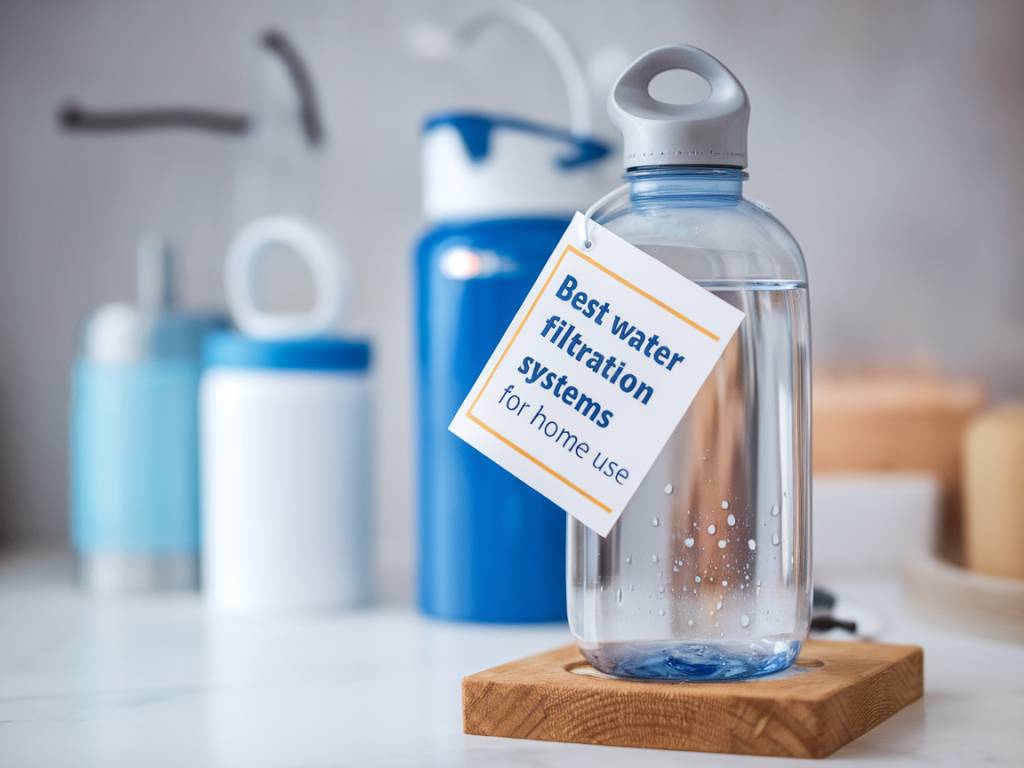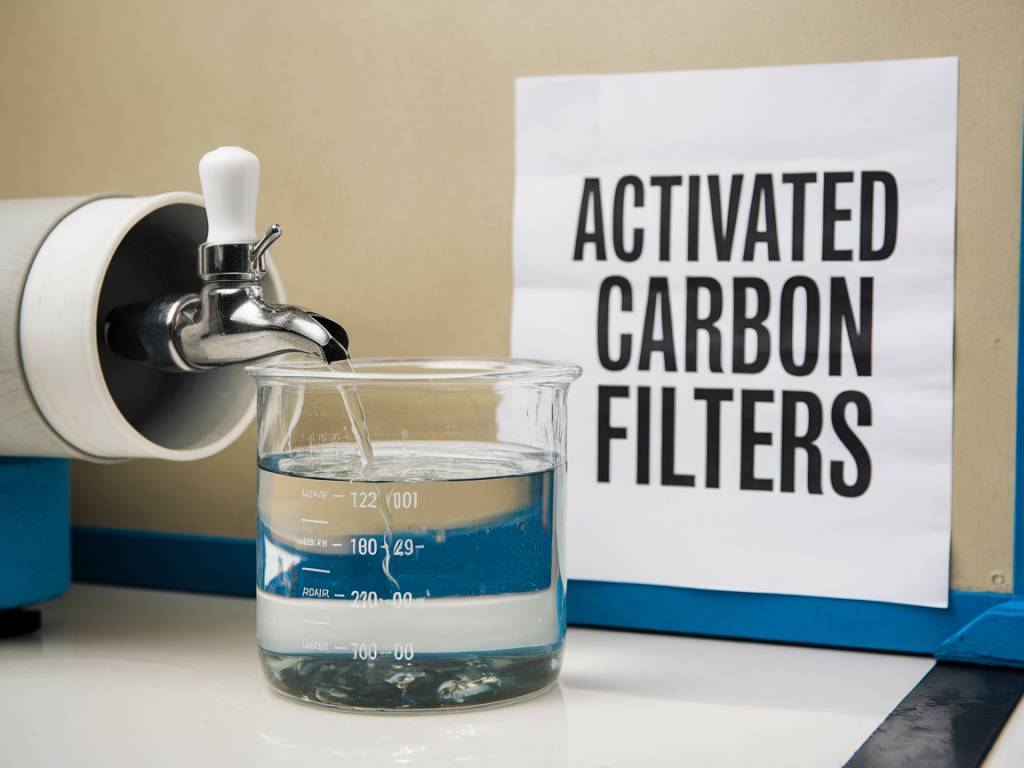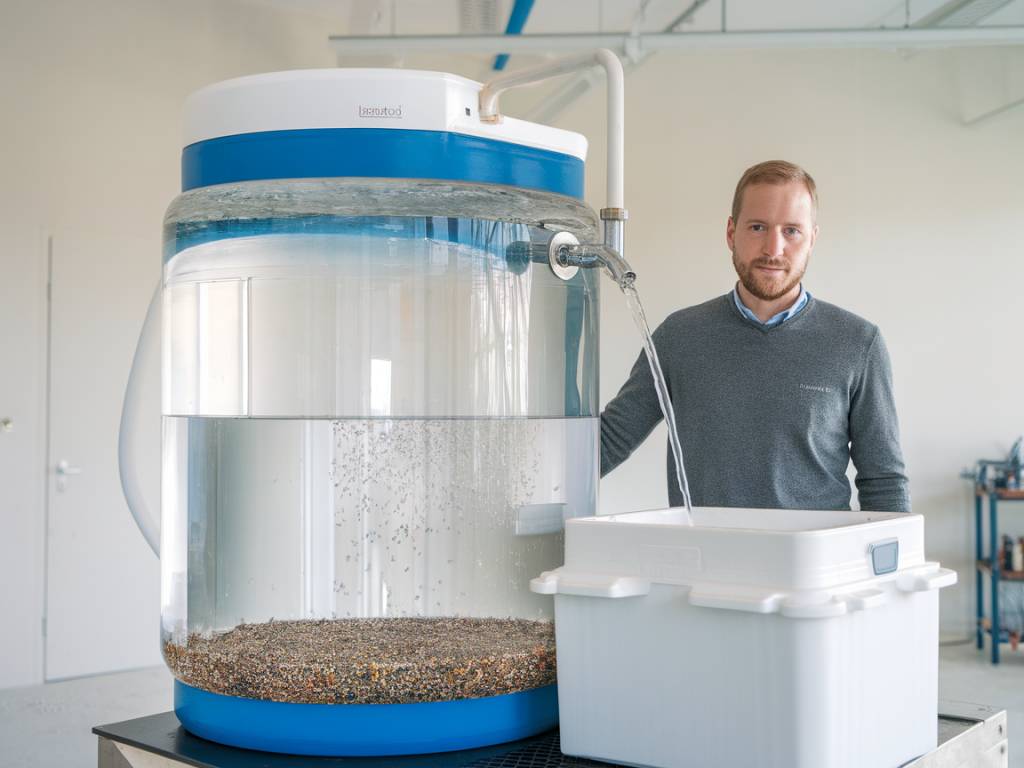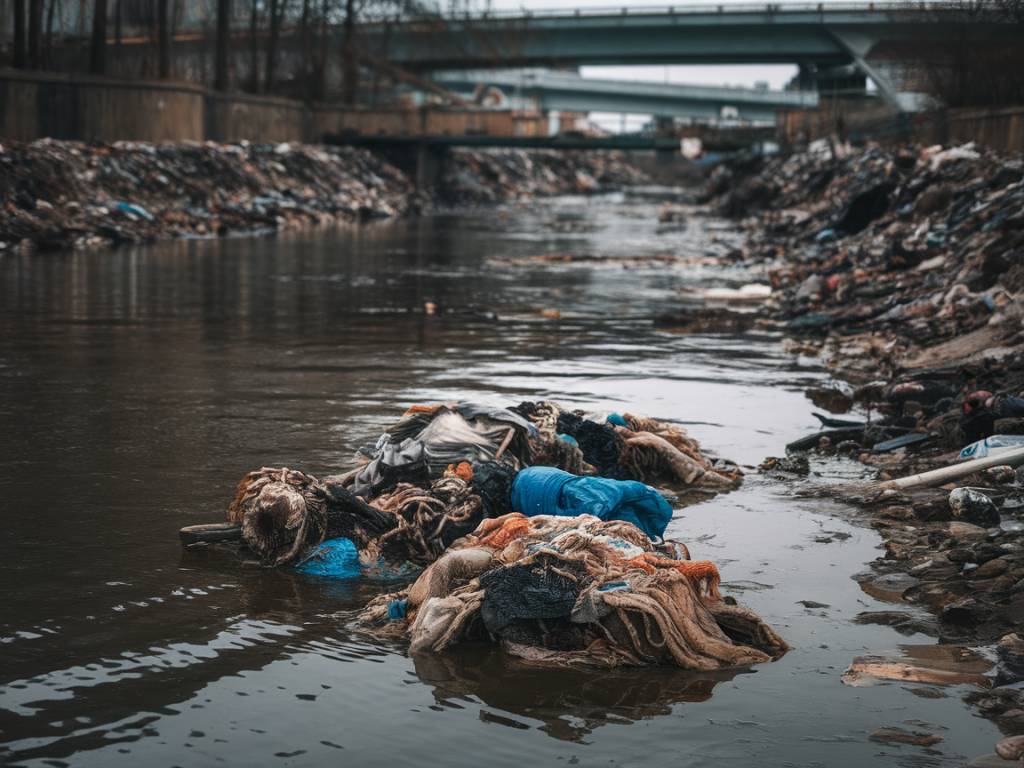Why Water Filtration Matters for Your Home
Clean, safe drinking water is essential for a healthy life. But did you know that tap water can contain contaminants such as chlorine, heavy metals, bacteria, and even microplastics? Even if your water looks clear, it may still carry impurities that affect both your health and the taste of your water.
Using a water filtration system at home ensures that your family has access to pure, great-tasting water every day. But with so many options available, how do you choose the best one? Let’s dive into the different types of home water filtration systems and find the right fit for you.
Types of Home Water Filtration Systems
Not all water filtration systems are created equal. Some target specific contaminants, while others provide broad-spectrum purification. Here are the most common types of home water filtration systems:
Activated Carbon Filters
These filters use activated carbon to absorb and remove impurities such as chlorine, volatile organic compounds (VOCs), and some heavy metals. They are commonly found in pitcher filters, faucet-mounted filters, and under-sink systems.
Best for: Improving taste and odor, reducing chlorine, and filtering out some organic compounds.
Reverse Osmosis (RO) Systems
Reverse osmosis systems use a semi-permeable membrane to remove a vast range of contaminants, including heavy metals, bacteria, viruses, and dissolved solids. These systems are typically installed under the sink and include multiple filtration stages.
Best for: Households looking for highly purified water, especially in areas with high contamination levels.
Whole House Filtration Systems
These systems connect directly to your main water line and provide filtration for all water used throughout the home. They are ideal for removing sediment, chlorine, and other impurities before the water reaches your faucets, showers, and appliances.
Best for: Families seeking comprehensive filtration for cooking, bathing, and drinking.
UV Water Purifiers
Ultraviolet (UV) purification systems use UV light to kill bacteria, viruses, and other microorganisms in your water. However, they do not remove heavy metals or chemical contaminants.
Best for: Households concerned about microbial contamination.
Distillation Systems
Distillation purifies water by boiling it and collecting the condensed steam, leaving behind contaminants such as heavy metals and dissolved solids. While highly effective, this process can be slow and requires a lot of energy.
Best for: Homes needing highly purified water with minimal effort.
How to Choose the Best Water Filtration System
With so many options, how do you pick the right system for your needs? Consider these factors:
- Water Quality: Have your water tested to identify the contaminants present. This will help determine which filtration method is necessary.
- Filtration Needs: Are you focused on improving taste, removing sediments, or killing bacteria? Choose a system that meets your primary needs.
- Household Size: Larger homes may benefit from a whole-house system, while small apartments may only need a faucet or pitcher filter.
- Budget: Some systems, such as reverse osmosis and whole-house filters, have a higher upfront cost but provide long-term benefits.
- Maintenance: Some filters require frequent replacement, while others need minimal upkeep. Consider the ongoing costs and maintenance efforts.
Top Water Filtration Systems for Home Use
1. Brita Everyday Pitcher
A budget-friendly option, the Brita pitcher uses activated carbon and ion exchange resins to reduce chlorine, lead, and mercury.
Pros:
- Affordable and easy to use
- Improves water taste and odor
Cons:
- Requires frequent filter changes
- Limited contaminant removal
2. APEC ROES-50 Reverse Osmosis System
A powerful under-sink reverse osmosis system that removes up to 99% of contaminants, including heavy metals and sediments.
Pros:
- Highly effective contaminant removal
- Long-lasting filters with minimal maintenance
Cons:
- Higher initial cost
- Wastes some water during filtration
3. iSpring WGB32B Whole House Water Filter
A whole-house system with three filtration stages that remove chlorine, sediments, and heavy metals.
Pros:
- Filters water for the entire home
- Large filter capacity with long-lasting performance
Cons:
- Higher installation cost
- Does not remove bacteria or viruses
4. PUR Faucet Filtration System
An easy-to-install faucet filter that reduces chlorine, lead, and some pharmaceuticals.
Pros:
- Simple installation and low cost
- Improves taste and reduces common contaminants
Cons:
- Less effective than bigger filtration systems
- Requires frequent cartridge changes
Final Thoughts
Choosing the best water filtration system for your home depends on your specific needs, budget, and water quality. Whether you opt for a simple pitcher filter or a more advanced reverse osmosis system, investing in clean water is always worth it.
Have you tested your tap water recently? If not, that might be the best place to start!



